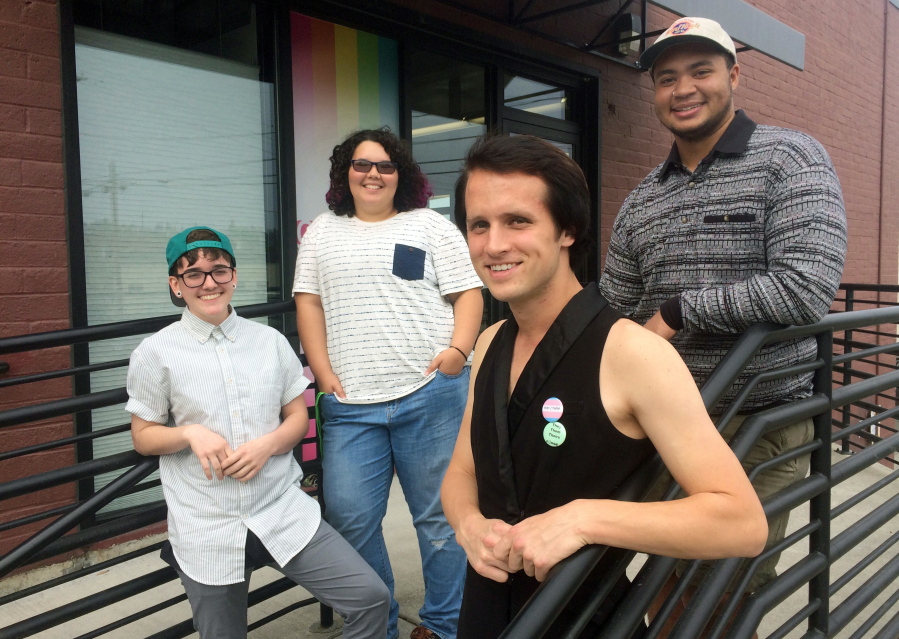TACOMA (AP) — Washington natives soon might be able to change the gender designation on their birth certificates to one that is neither male nor female.
Call it gender X or the more clinical term: non-binary.
Currently, people born in Washington can request a new birth certificate indicating a gender different than the one recorded at their birth on the original certificates.
They can switch genders on their licenses but only between male and female. If the state Department of Health’s proposed rule changes go into effect, there will be another box to check beyond M or F.
The state is in the first stages of proposing a non-binary option for people who feel they are neither male nor female or both.



